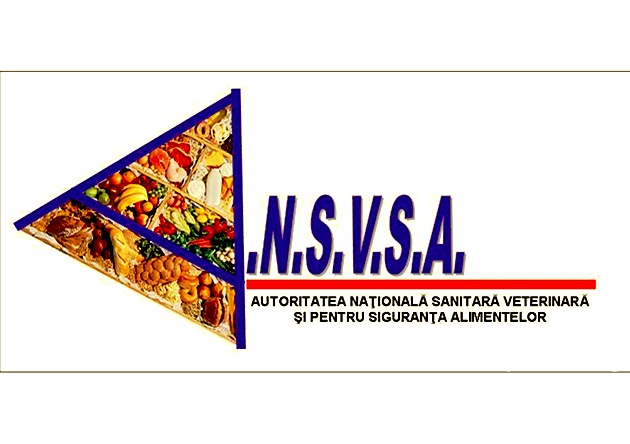987

New ANSVSA Regulation Updates Animal Identification Fees in Romania
The National Sanitary Veterinary and Food Safety Authority (ANSVSA) has updated the fees that livestock farmers must pay for the identification, registration, and monitoring of their animal herds. The changes were published in Official Gazette No. 444bis of May 14, 2025, as part of Romania’s alignment with national traceability legislation and current sanitary-veterinary regulations.
Current Fees Applicable to Farmers
The new rates are set through Government Decision No. 1417/2024, which amends and supplements GD No. 1156/2013 on veterinary service costs. According to the regulation, livestock owners are now responsible for the following fees:
Animal Type or Service
Fee (RON/animal or form)
Cattle identification (ear tags, SNIIA)
40 RON/head
Sheep/goat identification
12 RON/head
Pig identification
12 RON/head
Animal movement – exit record
13 RON + 1 RON/head
Animal movement – entry record
20 RON/form
Duplicate tag for cattle
20 RON/head
Duplicate tag for sheep/goats
6 RON/head
Duplicate tag for pigs
12 RON/head
Cost Impact on Farms
For a medium-sized mixed farm with 50 cattle, 100 sheep, and 20 pigs, the annual costs for identification and registration may total around 3,500 RON. This estimate includes:
- 2,000 RON for cattle identification
- 1,200 RON for sheep identification
- 240 RON for pig identification
- 84 RON for three animal movement records
- 26 RON for two duplicates (one cattle, one sheep)
Costs increase proportionally for larger farms or those with frequent animal movements or lost identification tags.
Why These Measures Matter
Accurate animal identification and registration are vital for ensuring the traceability of animal-origin products, preventing the spread of diseases, and controlling animal movement within Romania and the EU. These processes also help farmers access support schemes and subsidies more efficiently.
For consumers, proper identification practices provide an added layer of food safety assurance. Traceability allows authorities to respond quickly in the event of disease outbreaks or irregularities in the food chain.
Conclusion
The 2025 ANSVSA regulation clarifies and updates the fees related to animal identification, reinforcing farmers’ responsibility in herd management. Although the direct costs are borne by animal owners, the long-term benefits support the integrity and safety of the entire food chain—from farm to table.




